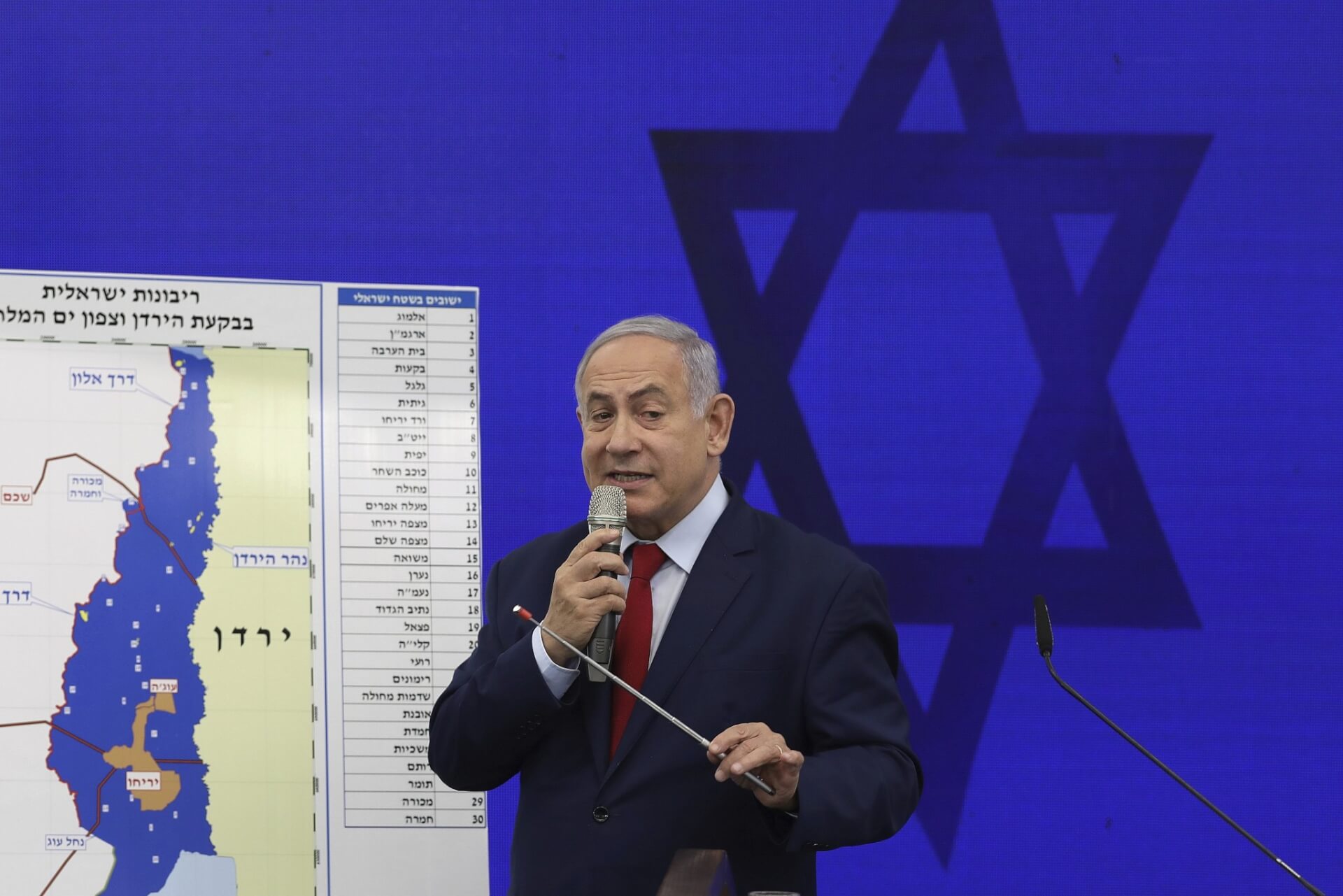Josep Borrell, the European Union’s Foreign Policy Chief, said that the bloc would use its “geopolitical capacities” to persuade Israel against its plan to annex parts of the occupied West Bank, arguing that it will prospectively ignite another conflict in the region. According to Borell, the EU is alarmed by the annexations, which are against international law and disturb the peace in the region.
Borrell put the EU’s weight behind a two-state solution and called for an end to “unilateral action” from either side, saying that international law should be upheld. He posited that annexation must be avoided through negotiations with Israel, the United Stats, and Palestine, and “using all channels that the EU has”. The EU Foreign Policy Chief further concluded, “Our discussions on this complex topic will continue, but we will not advance events.”
The annexation of the West Bank is a part of the election promise to extend Israeli sovereignty to the Jewish settlements and in the Jordan Valley in the West Bank. The newly elected government, which was sworn in on Sunday after three inconclusive elections, was formed on the basis of a power-sharing agreement between PM Benjamin Netanyahu and his former rival Benny Gantz. The agreement between the two said that the legislative process for the annexations will commence on July 1 and that the two will act “in full agreement with the US… and in dialogue with the international community”.
In response to the statement, Israeli ambassadors have urged representatives of states like Germany, Greece, Austria, Hungary, and the Czech Republic to thwart any joint decision against the annexation. Israeli representatives expressed their satisfaction that the conversation with the EU did not begin with sanctions, but rather focused on respecting international law.
The decision to annex the area comes in pursuance of Donald Trump’s “Middle East Plan”, which he heralded to be a “vision of peace”. It envisages a Palestine state with about 70% of the West Bank and all of Gaza, with its capital in East Jerusalem. The plan, however, was rejected by Palestine, who believed it to be biased towards Israel’s interests.
EU member states are divided on the nature of the Union’s retaliation to the annexation by Israel. Some countries like Luxembourg called for a strict stand against Israel, with Foreign Minister Jean Asselborn arguing for the recognition of the Palestinian state. On the other hand, other states urged the EU to take caution in their approach with Israel, which is considered to be an important partner of the EU in the Middle East.
While countries like Hungary and Austria have always maintained a pro-Israel stance, the annexation of the West Bank forged more consensus than usual. The issue of land-grabbing hits home for many Eastern European and Baltic countries, who have feared annexation by Russia after Crimea met the same fate in 2014. Last month, 12 European ambassadors from France, Germany, Italy, Ireland, Netherlands, Spain, Sweden, Denmark, Finland, and the UK warned the Israeli Foreign Ministry, through a formal protest document, of the catastrophic consequences of the annexation clause in the coalition agreement between Netanyahu and Gantz on the peace of the region.
The EU is Israel’s largest trading partner. However, the relations between the two have continued to sour. While Israeli goods are subject to preferential tariffs under the EU-Israel Association Agreement, this status is not awarded to products from occupied territories. The already contentious issue was worsened in November with the judgment of the European Court of Justice, which disallowed products from the occupied territories to be labeled as “Made in Israel”. It remains to be seen whether the EU’s latest actions will further undermine EU-Israel ties.
Image Source: Times of Israel
EU to Use Its “Geopolitical Capacities” to Dissuade Israel’s Annexation of the West Bank
May 18, 2020

